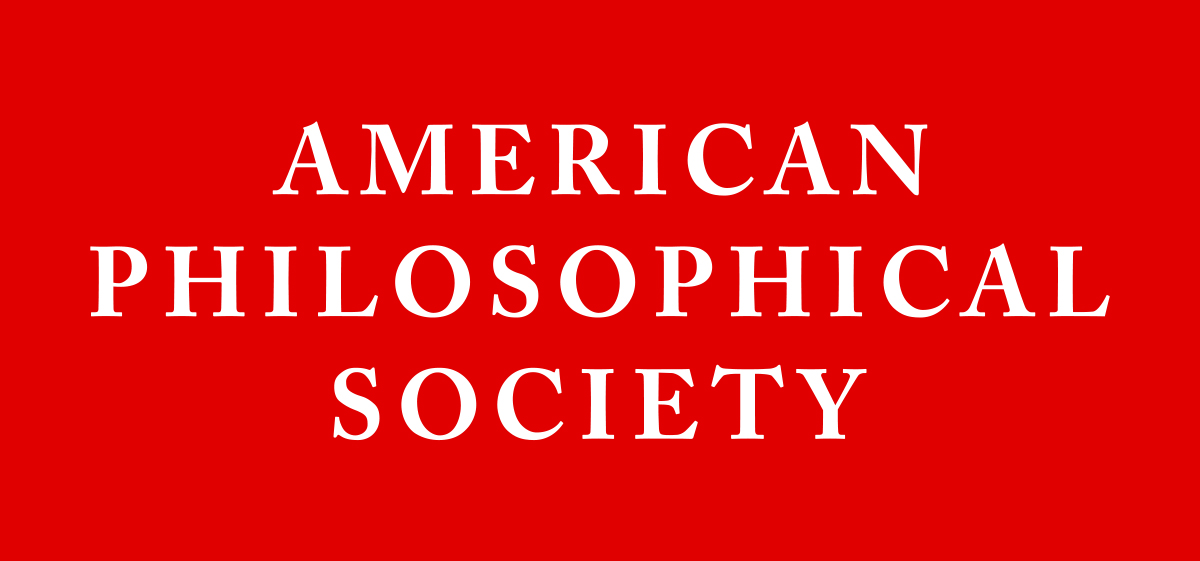Georges-Louis LeClerc, Comte de Buffon (231)
Election date: 1768Elected to the revived American Philosophical Society.

George-Louis LeClerc, Comte De Buffon (7 September 1707–16 April 1788) was a scientist, mathematician, naturalist, and translator, and a member of the American Philosophical Society, elected in 1768. Born into French wealth and status, LeClerc grew up in the province of Burgundy before attending the Jesuits' College of Godrans in Dijon. Though he began studying law in 1723 at his father’s urging, LeClerc abandoned that course for studies in medicine, botany, and mathematics. After youthful adventures in Italy and England, the death of his mother made him the owner of her estate in Montbard. He resumed residence there and began his early research into calculus, geometric probability and physical sciences, with a particular interest in plant physiology. With the freedom his family inheritance provided, LeClerc honed his studies by publishing two translations, a 1735 edition of Stephen Hale’s exploration into plant physiology, Vegetable Staticks, and a 1740 edition of Sir Issac Newton’s work on a time derivative, Fluxions. LeClerc’s work attracted the attention of France’s Ministre de la Marine who appointed him as keeper of the royal botanical garden in Paris, the Jardin des plantes, in 1739. Charged with cataloging the royal collections of natural history, LeClerc did that and more.
Over the next decades, LeClerc led efforts to write and publish a fifty-volume series that attempted nothing less than a comprehensive and unified work on the fields of natural history, geology, and anthropology. Histoire naturelle, générale et particulière brought LeClerc international acclaim. Among the many achievements was his development of a basic theory of evolution, one which likely influenced Erasmus Darwin (APS 1792) and which his grandson Charles Darwin (APS 1869) later credited for influencing his own. Buffon's theories piqued some: namely that animals and humans in North America were physically and morally inferior to that of Europe, a notion which won him few admirers in the British Colonies. Thomas Jefferson himself refuted the idea in his Notes on Virginia.
All the same, Benjamin Franklin and LeClerc enjoyed a warm correspondence and Franklin sent botanical specimens to his friend after Franklin returned from Paris. Given the prestige of his work, it is unsurprising that LeClerc enjoyed recognition from other learned societies, including the Royal Society, the French Academy, and the Academy of Sciences where he served as Treasurer. LeClerc lived to see the completion of thirty six of his proposed fifty volumes, the remainder were completed by his colleagues. He died after years of failing health, preceded by his wife in 1769, and followed by the execution of his son in 1794 during the French Revolution. (EB, PI)
Publication: Parisiis: Ex typis Clousier, typographi Facultatis theologiae, 1780.
Publication: Paris: Imprimerie royale, 1749-1804
Subjects:Zoologie
Publication: Paris: Chez De Bure l'ainé, 1740.
Subjects:Calculus. | Mathematics. | Early works to 1800.
Publication: Paris: chez Debure l'aine, 1735.
Subjects:Air -- Analysis. | Plant physiology.
